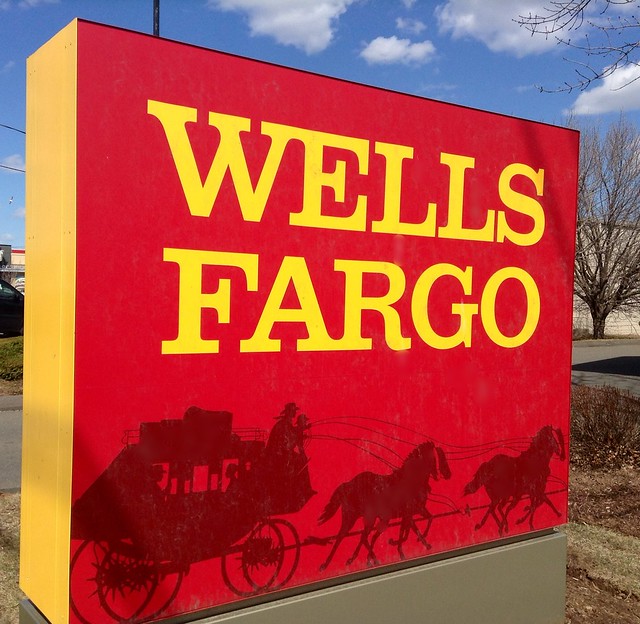
Docket number: 3:16-cv-05541-JST (N.D. Cal.)
This derivative settlement is one of the many settlements from countless lawsuits filed in the wake of the Wells Fargo fake account scandal. On September 2, 2016, it was revealed that Wells Fargo employees had created millions of fake accounts with the announcement of sanctions by three government agencies—the CFPB, OCC, and L.A. City Attorney.
Plaintiffs negotiated this derivative settlement on behalf of the Wells Fargo company against its board of directors. It resolves the underlying derivative action, meaning that the private plaintiff shareholders purport to be acting in the best interest of all shareholders and the corporation itself. The settlement provides $240 million cash from insurers, which will go to Wells Fargo minus attorneys’ fees. Plaintiffs’ counsel requested $68 million in attorneys’ fees—effectively 28.3%, which is above the Ninth Circuit benchmark of 25% and constitutes a lodestar multiplier of 3.03, meaning that attorneys propose to pay themselves more than triple their claimed hourly rate.
The Center for Class Action Fairness (CCAF) filed an objection on July 11, 2019 on behalf of a shareholder who disagrees with the excessive fee request. CCAF argued that because this was a megafund case (well over $100 million), any fee award should be significantly less than the 25% benchmark. CCAF disputes plaintiffs’ claim that the settlement is really worth $320 million due to a laundry list of corporate governance reforms Wells Fargo has implemented over the last three years and due to clawing back money from former employees between September 2016 and March 2017. These clawbacks occurred on the recommendation of a CFPB-required oversight committee before the motion to dismiss was even resolved. There’s no reason to credit these plaintiffs as opposed to pressure from numerous other lawsuits, 50 state attorneys general, the CFPB, OCC, and Federal Reserve for Wells Fargo’s reforms.
Plaintiffs’ counsel also drastically overstate their lodestar with millions of dollars of work by contract attorneys billed at excessive rates up to $415/hour (or $1257.45/hour considering the multiplier), even though counsel admits that their regular market rate they paid for these attorneys was just $40-50/hour.
Finally, plaintiffs’ counsel proposes to pay twelve other law firms not involved in the federal lawsuit, including two that dismissed a complaint before the Delaware Chancery with the representation they had not received any agreement for attorneys’ fees. The objector recommends the court investigate these side-deals and make fee awards directly to the law firms requesting fees.
The district court conducted a fairness hearing on August 1, 2019 and the objection is under consideration.
On October 24, the district court issued an order to show cause why an expert should not be appointed to determine the market rates commonly charged by firms for contract attorneys.
On April 7, 2020, the court granted final approval, and partially adopted the objection by reducing the fee award by $15.2 million. The reduction will now be available for distribution to class members.
Case Documents
| Description | |
| Apr 07, 2020 | FINAL APPROVAL ORDER |
| Nov 08, 2019 | RESPONSE of Objector Cashman to Order to Show Cause |
| Oct 24, 2019 | ORDER TO SHOW CAUSE re: Appointment of Expert Witness |
| Jul 11, 2019 | OBJECTION of John Cashman |
| Jul 11, 2019 | DECLARATION of Theodore H. Frank and exhibits |
